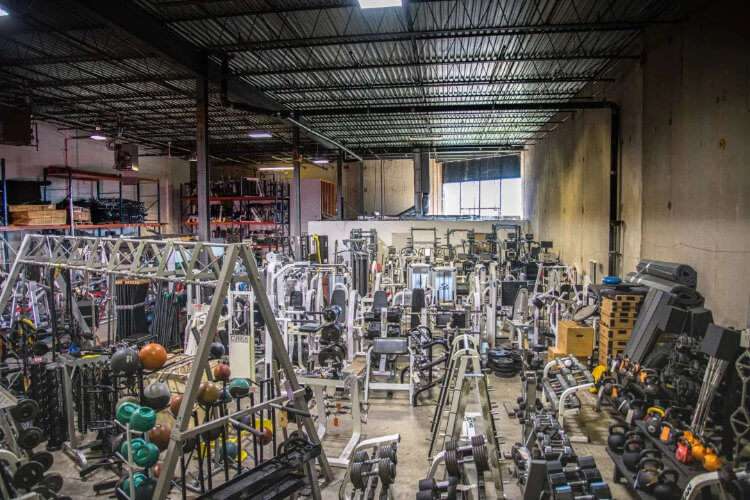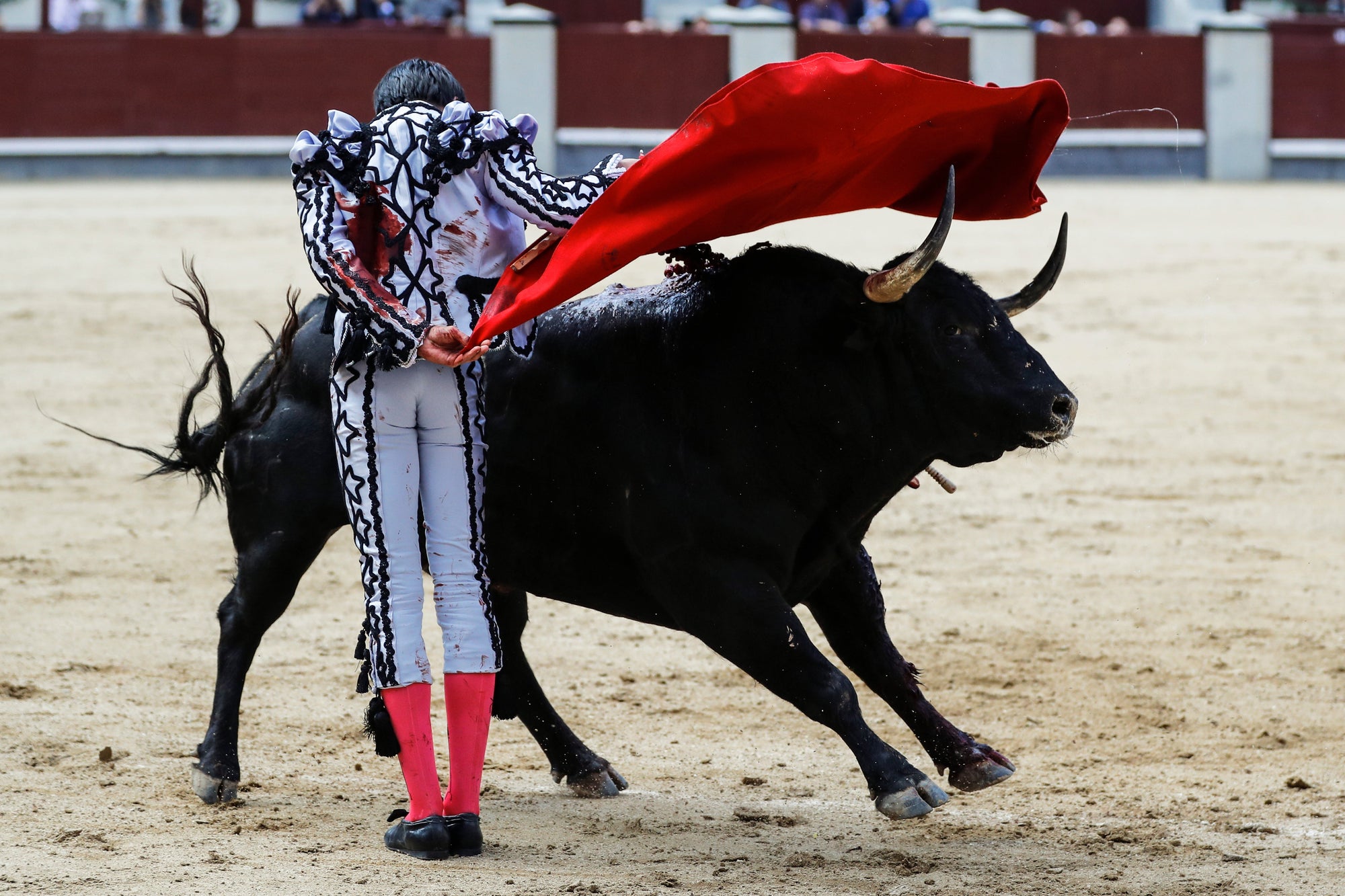For 4 years, I worked with a 3x Olympic wrestler / World Championship medalist. At 45 years old, he still dominated a tough wrestling room, played tackle soccer like a pro, and did flips and handsprings like a gymnast. He did all this with two bad shoulders and a snapped LCL in his left knee. In short, his athleticism looked like a gift from God.
I asked him once how you teach people to perform like he could.
He said, “You must practice your movements so much that you begin to hate them, that you dream about them. You do this until you do them without thinking. Then you keep doing them so you never forget.”
I said, “There’s got to be some basic science behind it.”
“Of course!” he said. “It’s called Dynamic Stereotypes.”
Before you google “Dynamic Stereotypes,” know that the term has been co-opted by a myriad of academic disciplines to mean lots of different things. To get to the root of how this makes you a better athlete, you have to dig into the research of the Russian-Soviet scientist Ivan Pavlov. Ever heard the term “Pavlovian?” This post is how "Pavlovian" applies to building athleticm.
Pavlov initially developed the concept of dynamic stereotypes to explain the psycho-biological connection achieved when our brain gets conditioned to make our body systematically respond to environmental stimuli. If you want the super technical definition, go here.
To put this in the simplest of contexts, even a new born has to be taught how to breast feed. So let's think about how a baby learns to eat.
- You give a baby a bowl of mushy peas and a spoon then back up
- Baby puts spoon to bowl, then spoon to face, then knocks bowl to floor.
- Repeat 1 and 2 until food goes in mouth without thinking.
Athletes master the movements of their sport the same way.
Every sport is made up of a series of dynamic movements that an athlete must call upon almost instinctively at the right moment. As an athlete you commit these movements to muscle memory through conditional repetition.
First, you learn a technique to address a specific scenario in your sport. You drill it over and over and over again in every conceivable situation. Next, you experiment with said technique in live practice. Repeat until you start to dream about it. Then you execute technique in competition without even thinking about it.
Whether you’re a wrestler in a scramble, a gymnast on the beam, or a football player getting off the line, all athletes train to develop these sport-specific dynamic stereotypes. This is what makes the Willpower Bands Training Method so effective.
The Willpower Bands Training Method was developed to allow you to develop sport specific conditioning by letting you move like you play under the time, tempo, and tension that best represents the movements of your sport. This means that you can develop skills at the same time you develop the athleticism needed for the circumstances of your sport.
"That sounds cool and all," you might say. "But look how much I can bench press!"
Yes, you will build strength with free weights. But, free weights and weight machines typically isolate movements instead of integrating them. That’s not to say that isolation exercises don’t have value – for instance, isolation can be beneficial when you need to strengthen a particular muscle group. However, it is very difficult to build dynamic stereotypes with weights because sports, like life, don’t give you a bench and a barbell with perfectly balanced plates.
Willpower Bands on the other hand are engineered specifically to help you develop these dynamic stereotypes by overloading your sport-specific movements to replicate real life-like conditions until you do them like you eat… almost instinctively.
Fighters want to scramble harder? Shadow scrap with Khaos 24.
Gymnasts want to improve balance? Try balancing under load from the Atlas 12.
Footballers want to get off the line faster? Practice your starts with a heavy set of anchored bands lassoed around your waist like the Hercules 36 or Titan 48.
When you use Willpower Bands, you can:
- Improve Endurance
- Gain Speed, and
- Maximize Functional Strength specifically for the sports you live for.
Just strap into a set of Willpower Bands and move like you play.




